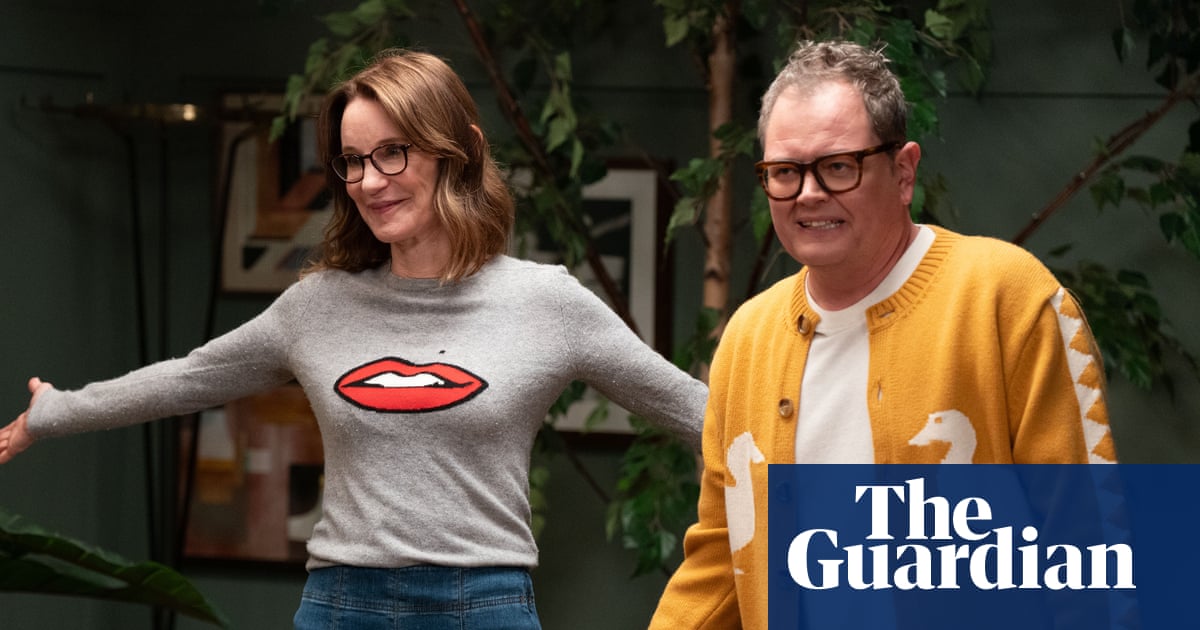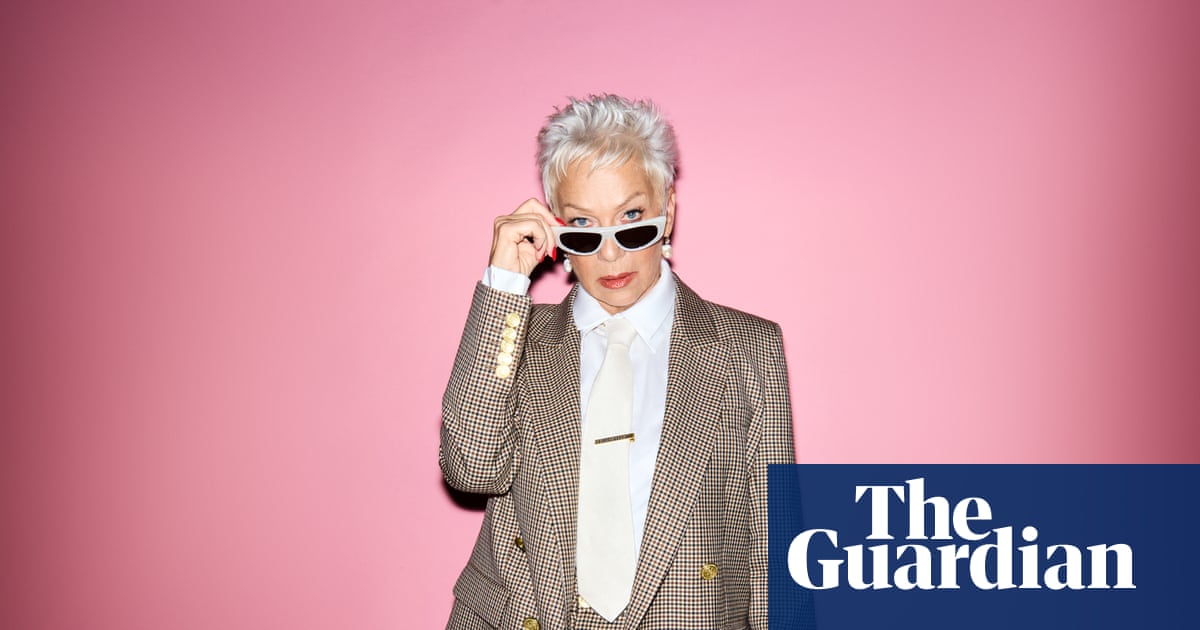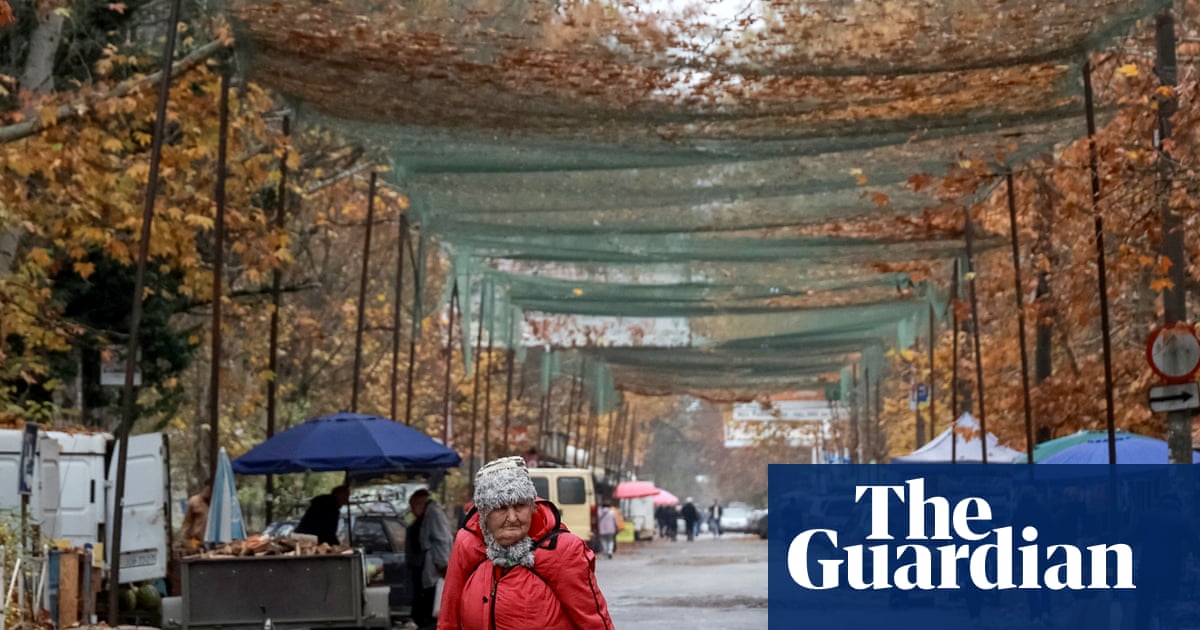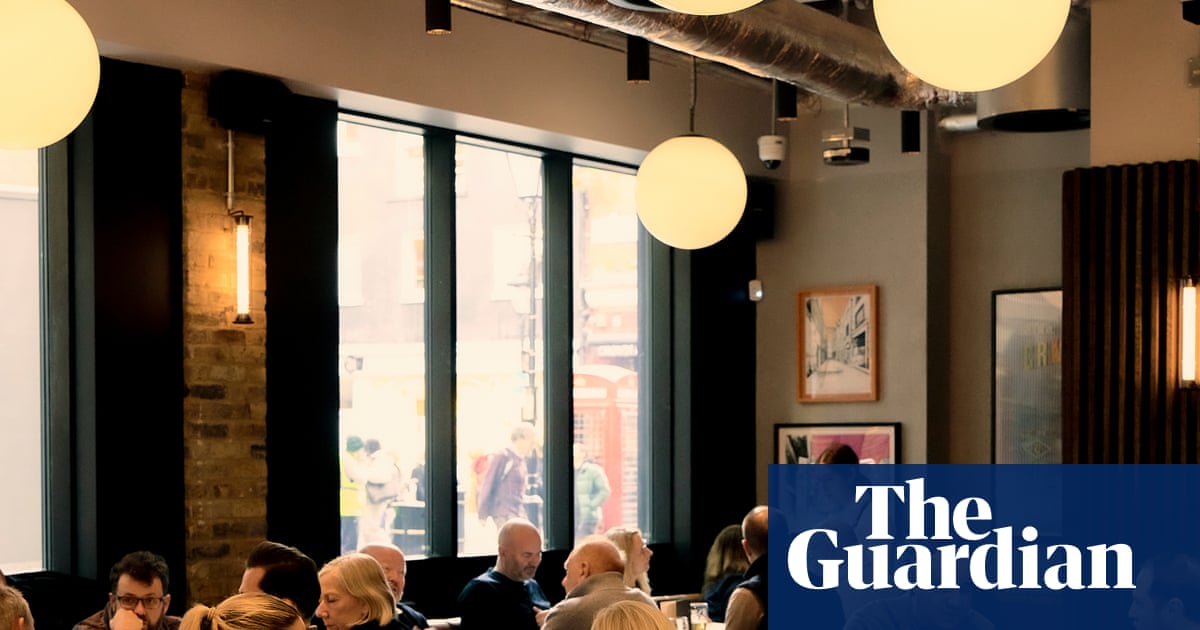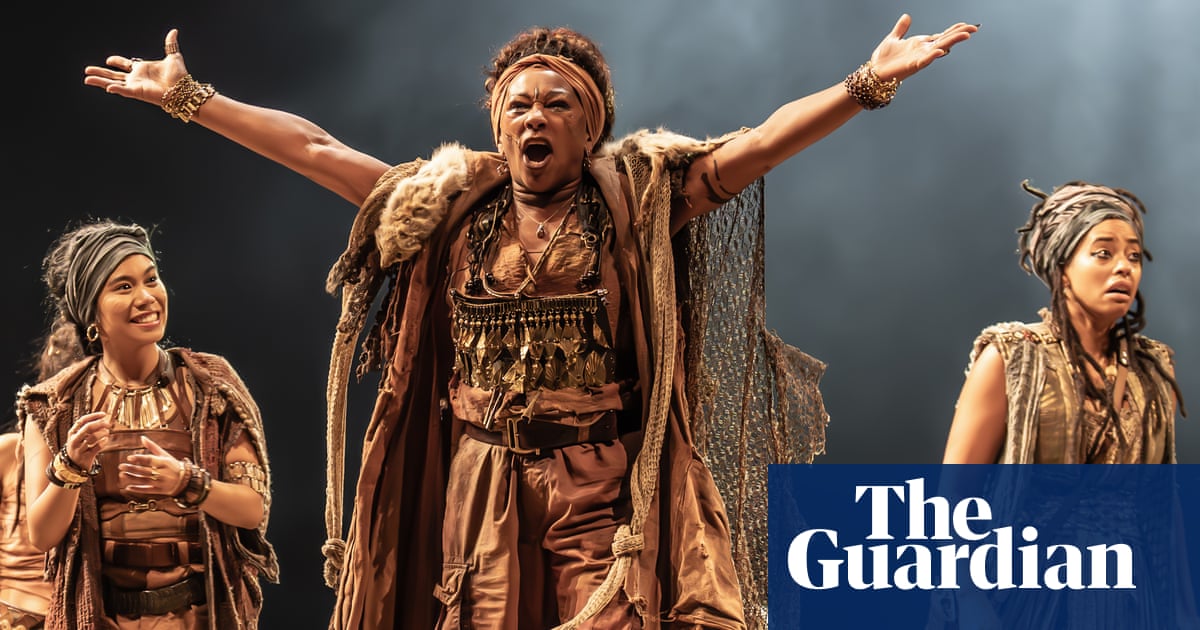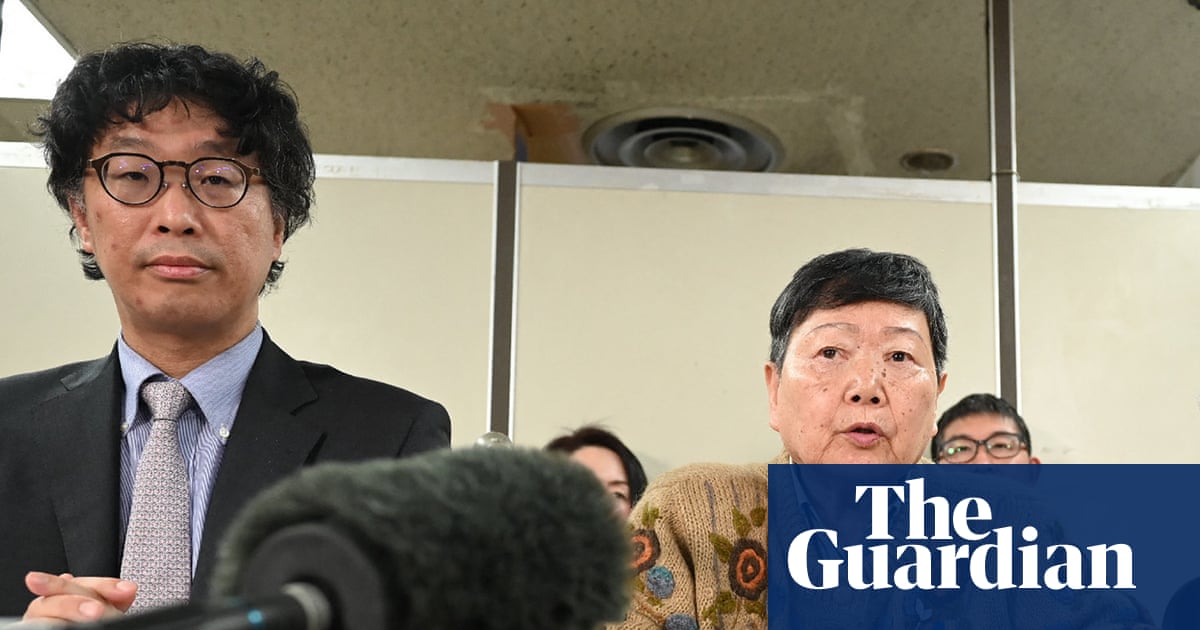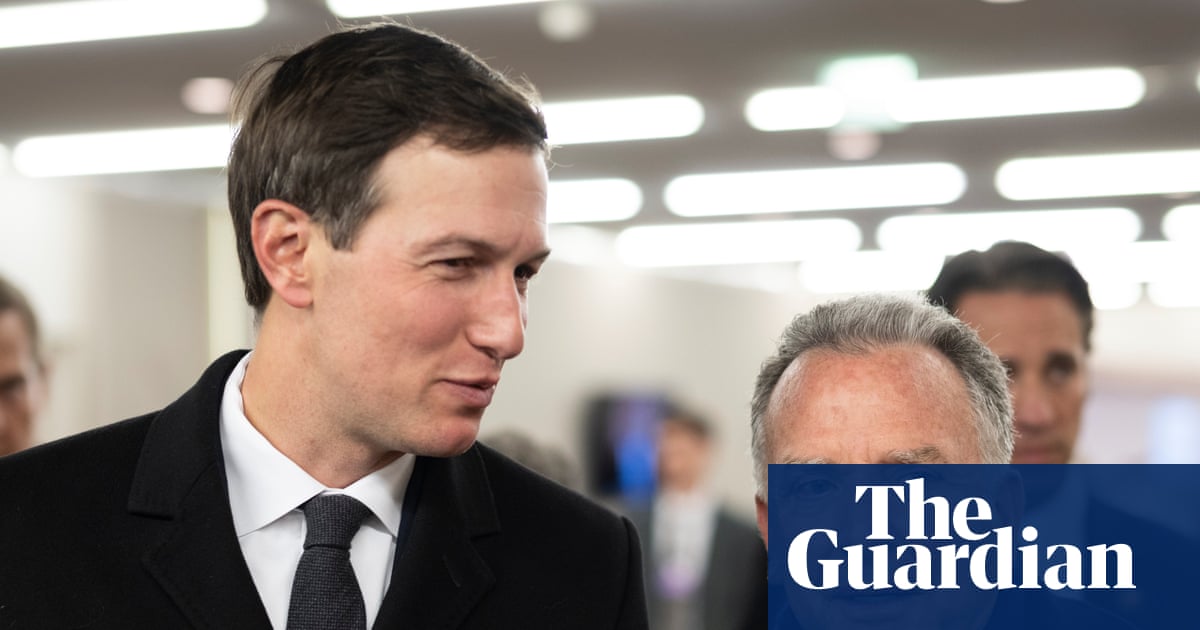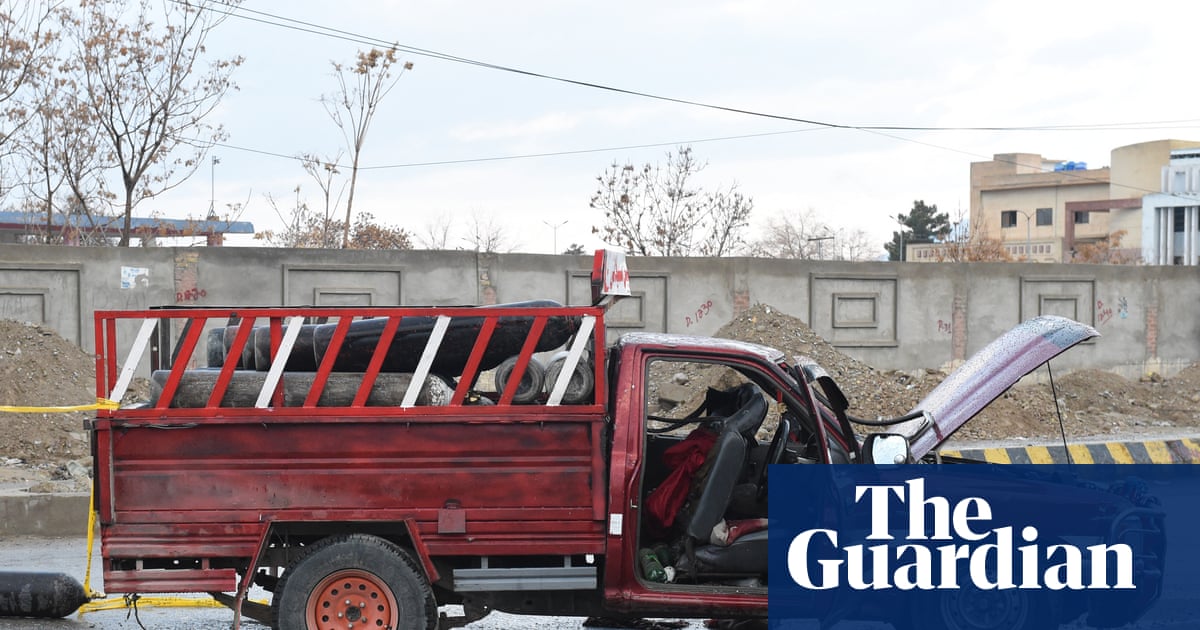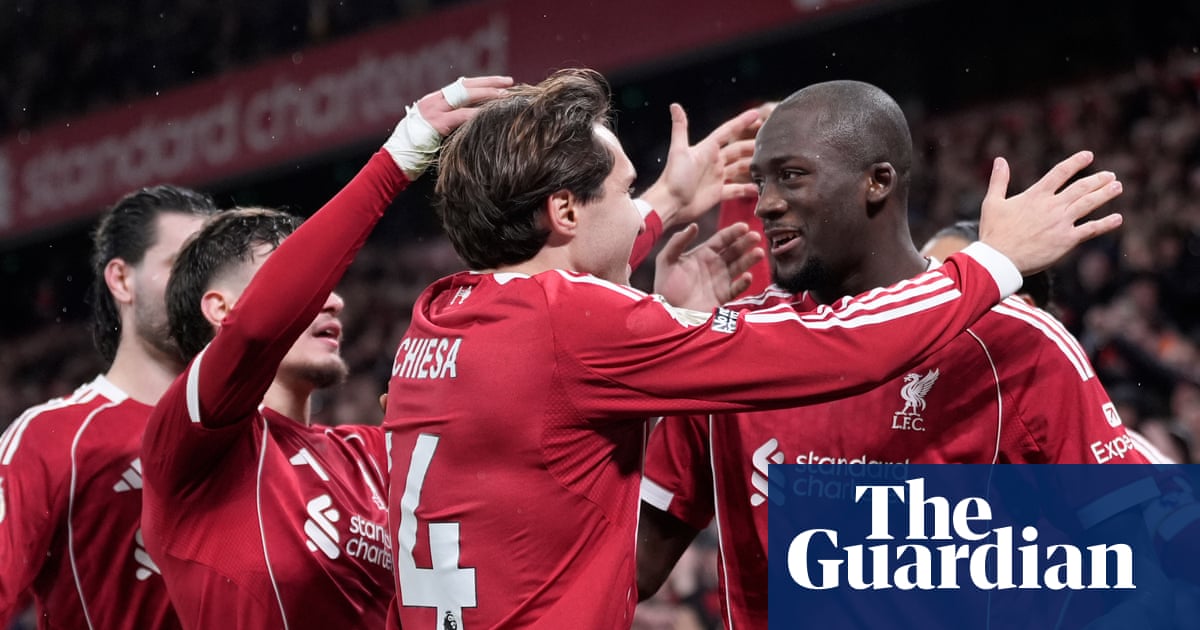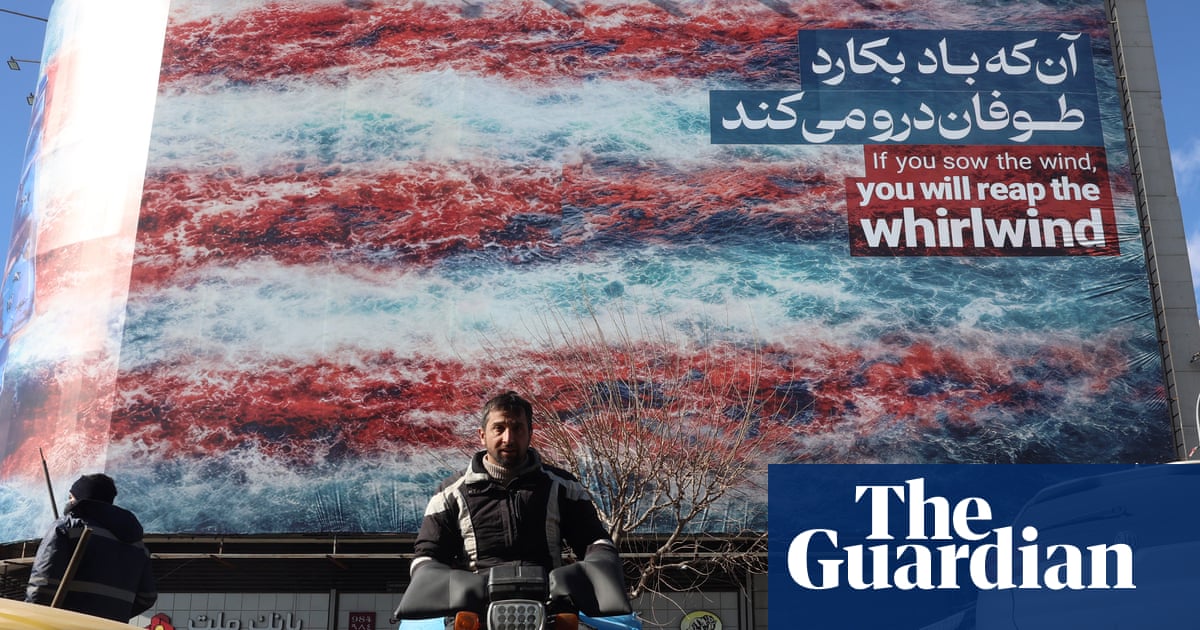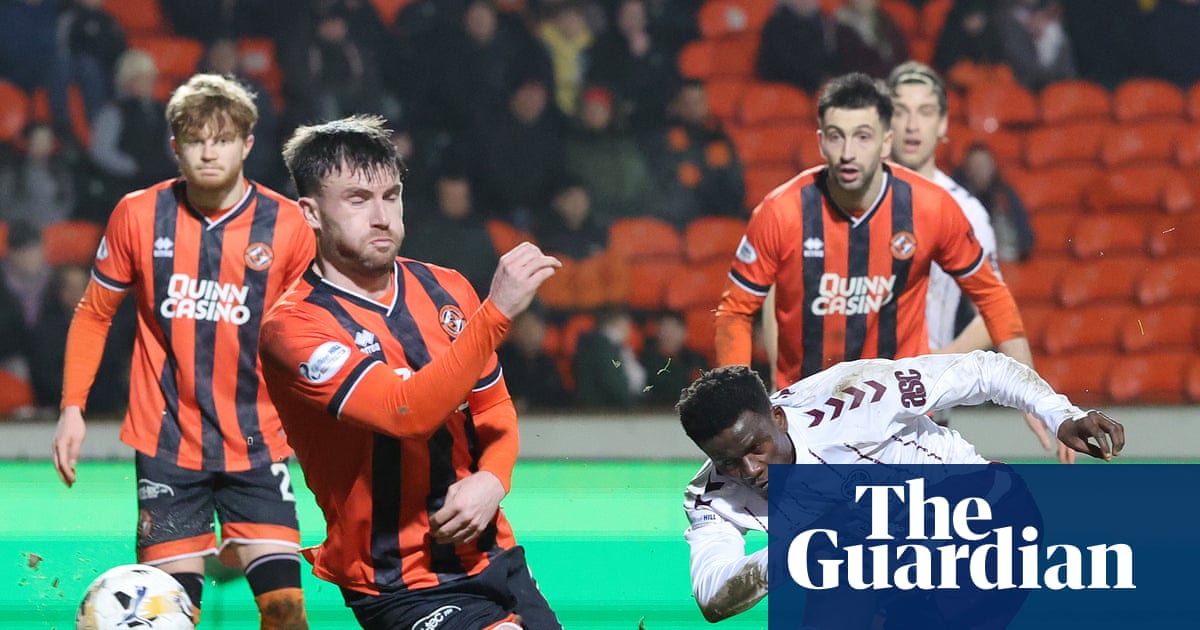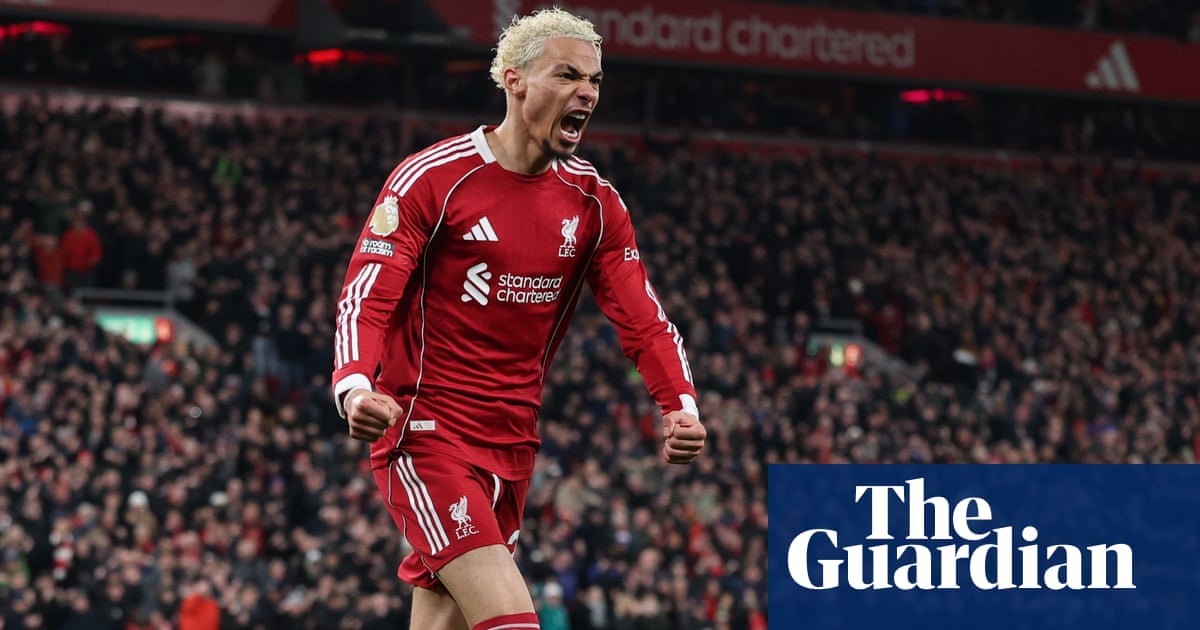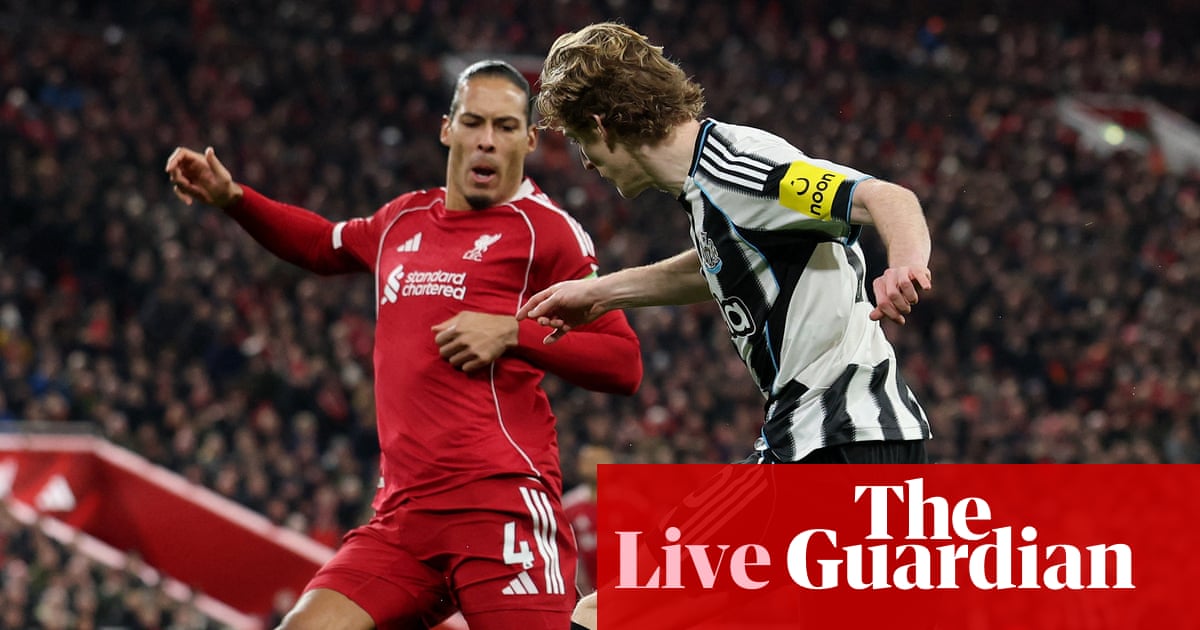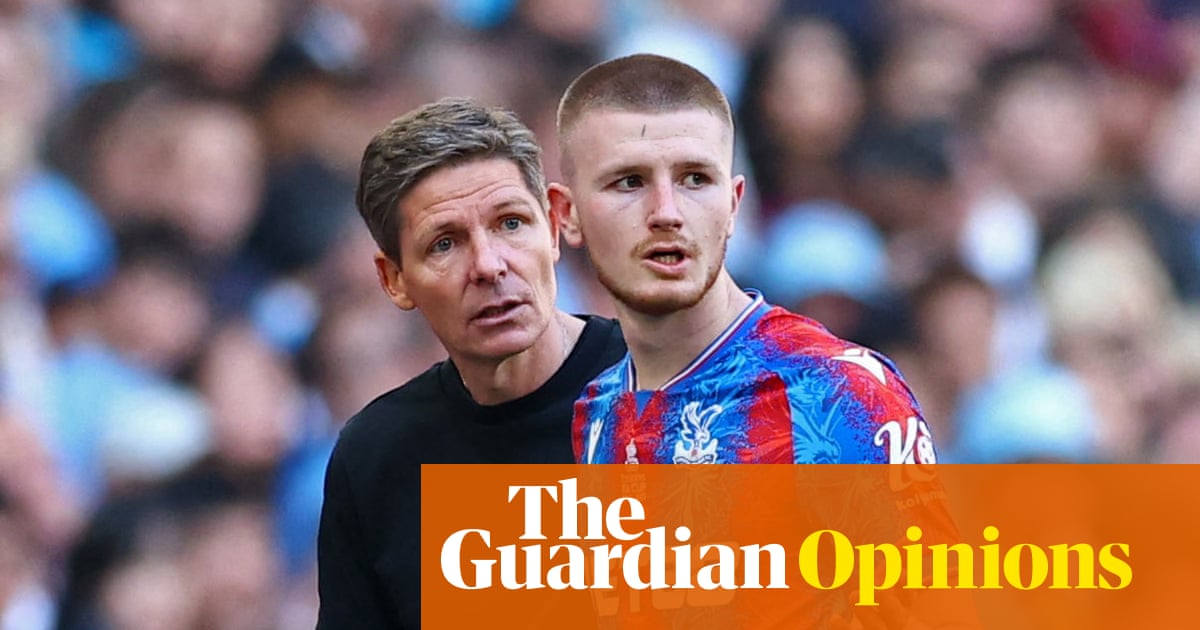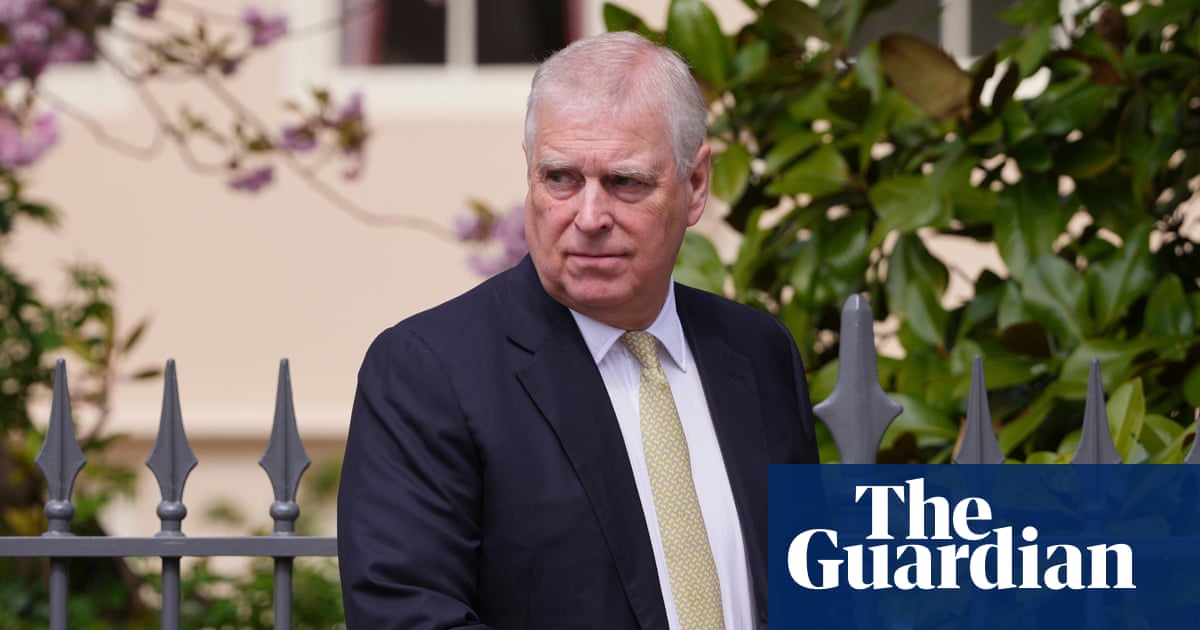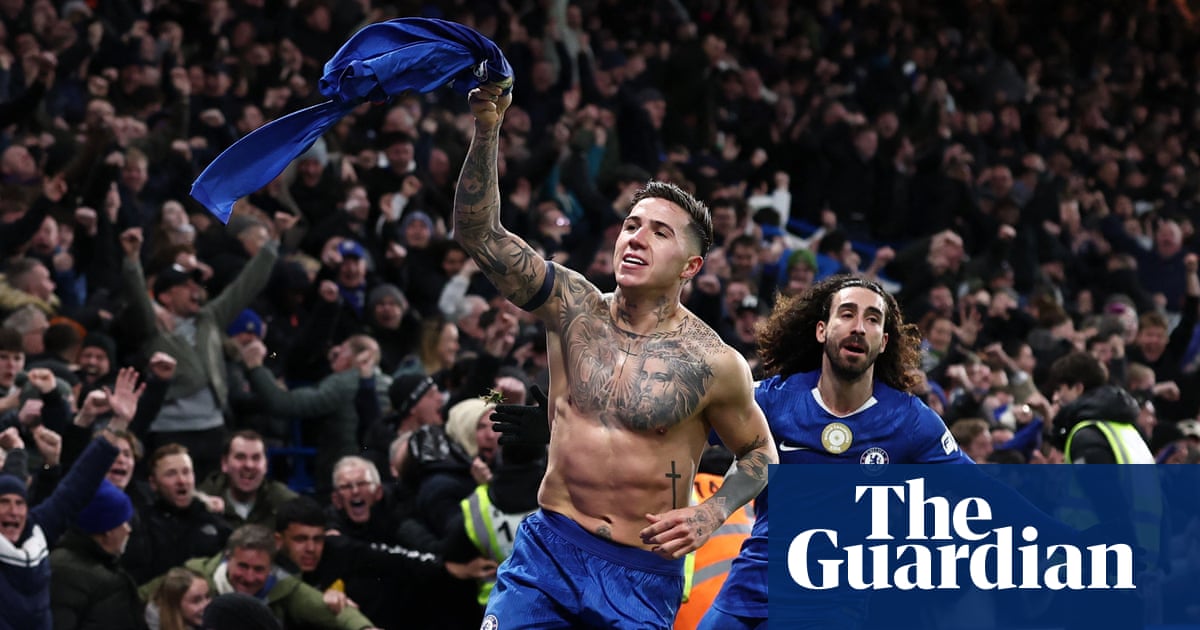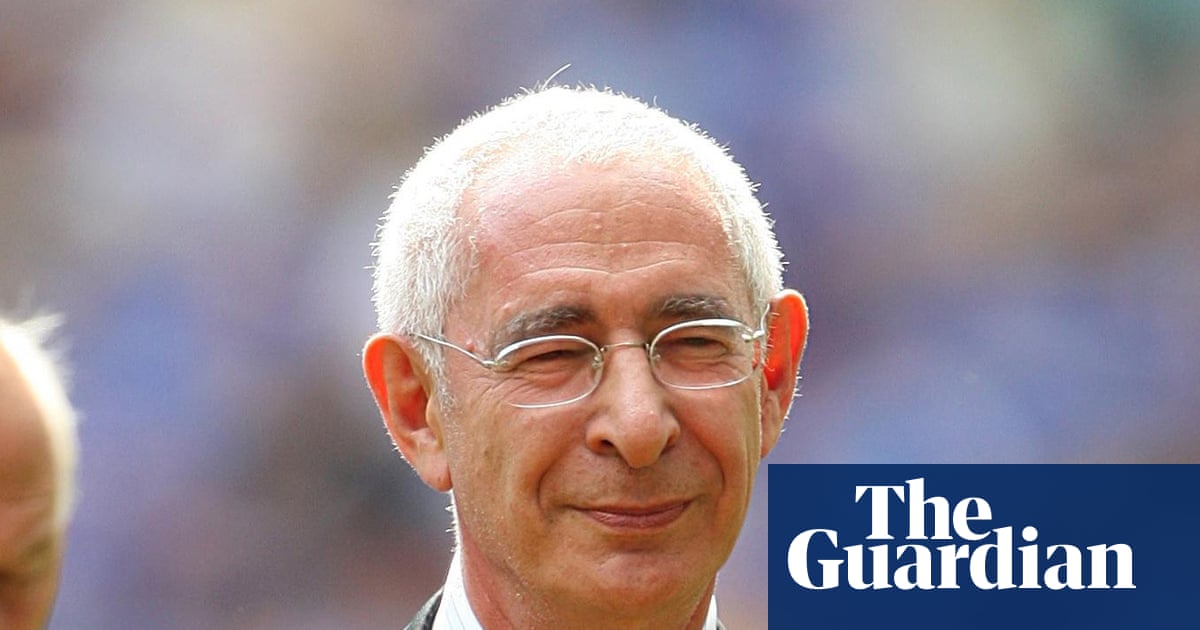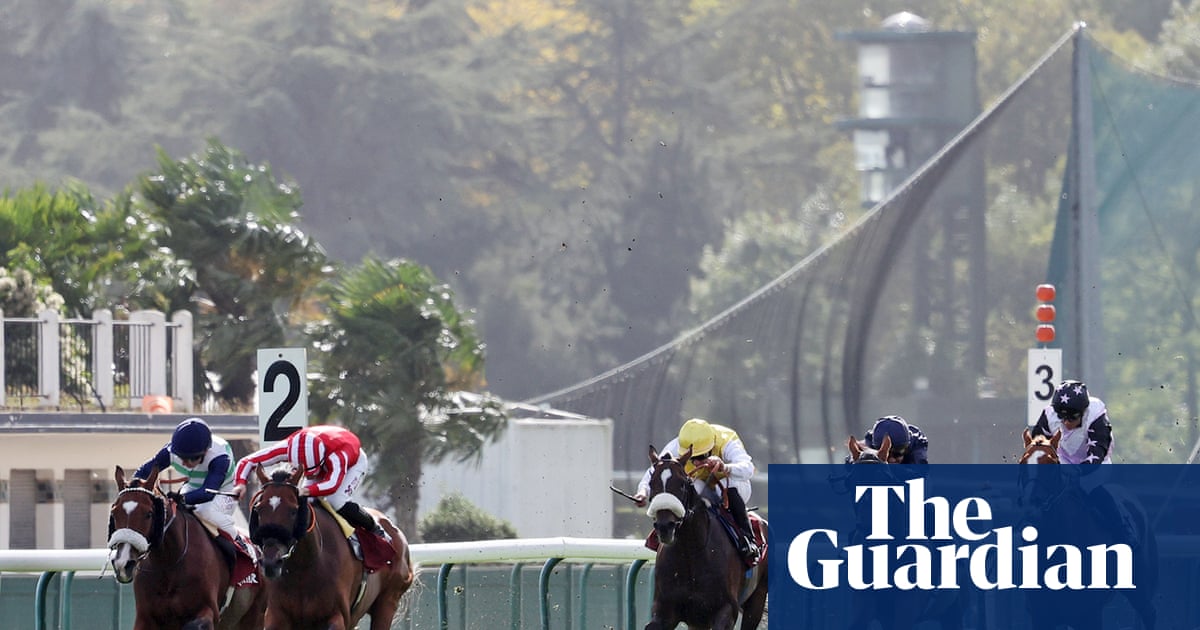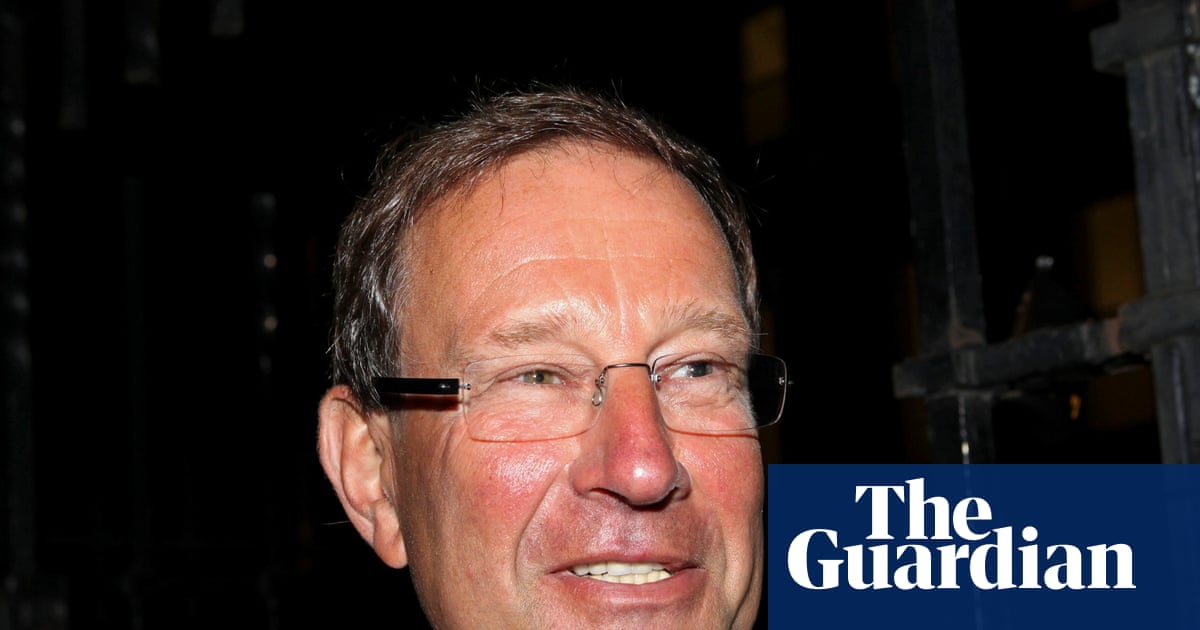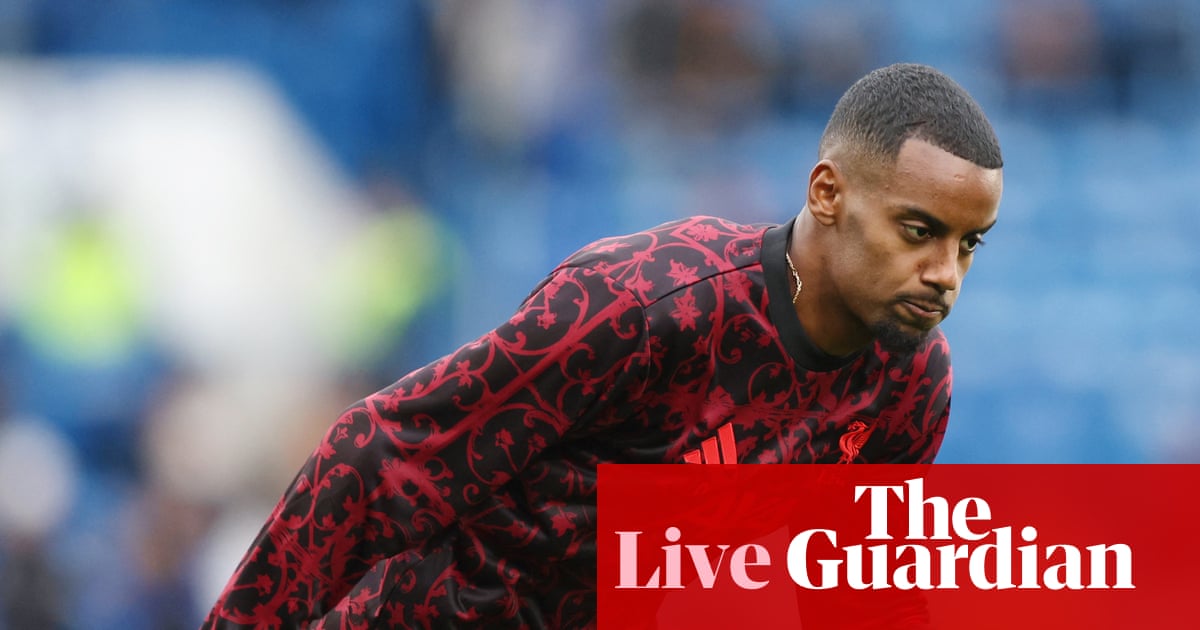On Sunday morning, the Barbican’s vast concrete foyer will swap its usual quiet for a buzz of conversation and excitement, and a particular kind of cultural energy: Black British storytelling in all its multiplicity.
Now in its fifth year, the Black British book festival (BBBF) has become Europe’s largest celebration of Black literature. What began as a small, intimate gathering has grown into a national institution attracting thousands of attendees and some of the biggest names in publishing.
Founded by Selina Brown in 2021, the festival grew out of the children’s author’s frustration at being told that her book wouldn’t sell because there was a Black girl on the cover. Determined to create a space she couldn’t find elsewhere, Brown launched the inaugural event as a one-day festival. Five years later, it has expanded into a year-round cultural platform, hosting three major festivals across the UK, opening libraries, collaborating with Glastonbury, and launching a children’s book festival headlined by Sir Lenny Henry.
“Black British literature has always been rich, but too often it hasn’t been given the platform or investment it deserves,” says Brown. “The festival exists to change that.”
The lineup for this year’s main event at the Barbican includes Denise Lewis, Marcus Ryder, Jordan Stephens and June Sarpong. The 36-event programme spans everything from political conversations to children’s storytelling, as well as panel discussions with leading Black authors and workshops for aspiring writers. There are talks on Malcolm X, sessions on getting published, and spaces where writers and readers can meet one another.
“It’s an absolute celebration of Black thinking,” says Ryder, a charity director and co-founder of the Sir Lenny Henry Centre for Media Diversity, who will be at the festival to discuss his and Henry’s new book about reparations, The Big Payback. “We just don’t celebrate the joy of Black creativity enough.”
“The Black British experience is unique in that you’re constantly battling a perceived idea of what Britishness is and how we fit into it,” adds Stephens, best known for being one half of Rizzle Kicks, who is also hosting an event at the festival. “So when you’re around people who have all been in that battle, you’re like, ‘Oh, this is actually really nice. It’s a vibe.’ It’s like a self-fulfilling prophecy, an odd loop.”
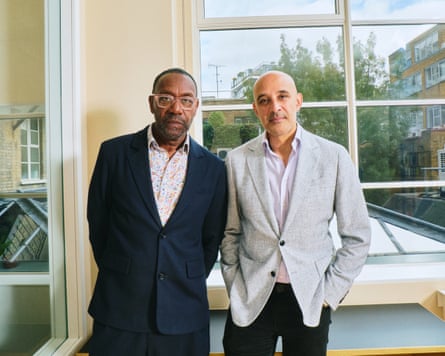
But if the BBBF has flourished, the same can’t necessarily be said of the publishing landscape around it. The post-2020 boom sparked by the Black Lives Matter movement now looks like a spike rather than a shift.
The UK saw a 56% rise in the sales of books by writers of colour in the financial year to 2021. Titles such as Reni Eddo-Lodge’s Why I’m No Longer Talking to White People About Race, published in 2017, shot to the top of the UK nonfiction chart, making Eddo-Lodge the first Black British author to hold that position. Publishing houses raced to replicate the formula.
But the momentum didn’t last. Earlier this year, leading Black literary figures told the Guardian that UK publishing is now less accessible to Black authors than it was five years ago. Analysis by the Bookseller in 2023 found that the post-2020 boom “failed to result in the promised broadening of publishing’s output”. And just last week, a literacy charity reported a “catastrophic decline” in the number of children’s books featuring Black main characters, down by more than a fifth between 2023 and 2024.
“It can be soul-destroying to look at the ebbs and flows of a system that isn’t necessarily based on integrity and authenticity,” Stephens says. “It’s about what’s hot.”
For Ryder, the problem isn’t a mystery. “The publishing financial model is broken,” he says. “Everybody holds up Why I’m No Longer Talking to White People About Race, but the truth is that when it was published, it just fell off and died, until the murder of George Floyd and Black Lives Matter. We clearly have a model that does not favour what is now acknowledged as brilliant, Black literature.”
“Two seemingly conflicting things are happening at the same time,” he adds. “The festival is growing really rapidly. And at the same time, lots of Black literature seems to be contracting. What that tells me is that there is a desperate need and a massive desire for community among people who enjoy Black literature. And what we need to do is build on that community.”
after newsletter promotion
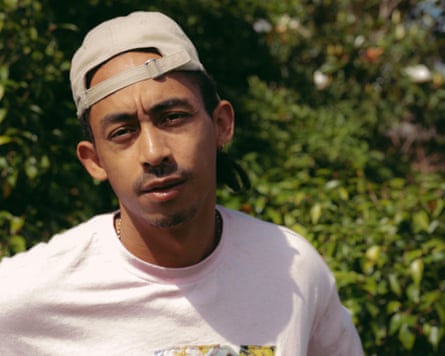
He isn’t talking about the quality of the work, but the structure of an industry that still treats it as niche. “If we believe that literature is a cornerstone of our democracy – which it is, because it’s putting out thinking and disseminating it across society – then we need to think about whether there needs to be state funding in it for underrepresented groups,” he says. “Literature is so important to society, and relying on just the profit motive to ensure its success is not the way forward.”
For Ryder, this is what makes the BBBF essential: it exists outside that model, and doesn’t wait for publishing houses to decide that Black writing is marketable. “Far too often we are responding to other people’s agendas,” he says. “Whereas what’s fantastic about this festival is that it is the agenda being set by Black people. It is the narratives being set by Black people. And you so rarely get spaces and opportunities to see that.”
In a moment of rising political tension and cultural division in the UK, the festival has an even sharper resonance. This summer saw racist riots and far-right marches erupt in towns and cities across England. Reform UK has surged in the polls and St George’s flags have been painted across pavements. A new cultural consensus – anti-DEI, anti-migrant, “anti-woke” – is being loudly asserted in public spaces.
While Ryder admits that the festival offers a counterweight to this hostile political climate, he is resistant to framing it as such: “I don’t want our actions to be dictated as merely the response to white people’s concerns and white people’s interests. What I want is for us to be setting an agenda for what we need as Black people.”
“This energy has been in Britain my whole life – my dad grew up with the National Front, the BNP, getting battered in the street,” Stephens adds. “This is the imperialist nature of Britain. So right now, with all of that going on, it is nice to remind ourselves that Black people are doing dope shit.”
Stephens is clear-eyed about the limitations of representation in the UK, though. “Everything Black is just shoved into October and then people move on,” he says. That October effect – the surge in interest during Black History Month followed by silence – is something many writers know too well.
With that in mind, the BBBF can serve as an assertion of cultural permanence, when Blackness can sometimes be treated as fleeting or conditional. And the sense of community-building, Ryder notes, echoes cultural renaissances past. “There’s an untapped desire for a Black British community of creatives and thinkers,” he says. “If we look back in history – the Harlem Renaissance – those writers weren’t working in isolation. They were coming together, forming community. Once you have that community, other things will flow from it. Literature will flow from it, great thinking flows from it, great art flows from it.”
-
The Black British book festival is at the Barbican, London, on 19 October

 3 months ago
85
3 months ago
85
